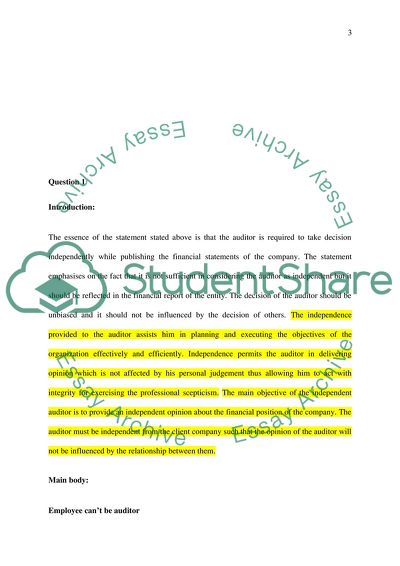Cite this document
(Auditing Assignment Example | Topics and Well Written Essays - 2500 words, n.d.)
Auditing Assignment Example | Topics and Well Written Essays - 2500 words. https://studentshare.org/finance-accounting/1878046-auditing
Auditing Assignment Example | Topics and Well Written Essays - 2500 words. https://studentshare.org/finance-accounting/1878046-auditing
(Auditing Assignment Example | Topics and Well Written Essays - 2500 Words)
Auditing Assignment Example | Topics and Well Written Essays - 2500 Words. https://studentshare.org/finance-accounting/1878046-auditing.
Auditing Assignment Example | Topics and Well Written Essays - 2500 Words. https://studentshare.org/finance-accounting/1878046-auditing.
“Auditing Assignment Example | Topics and Well Written Essays - 2500 Words”. https://studentshare.org/finance-accounting/1878046-auditing.


